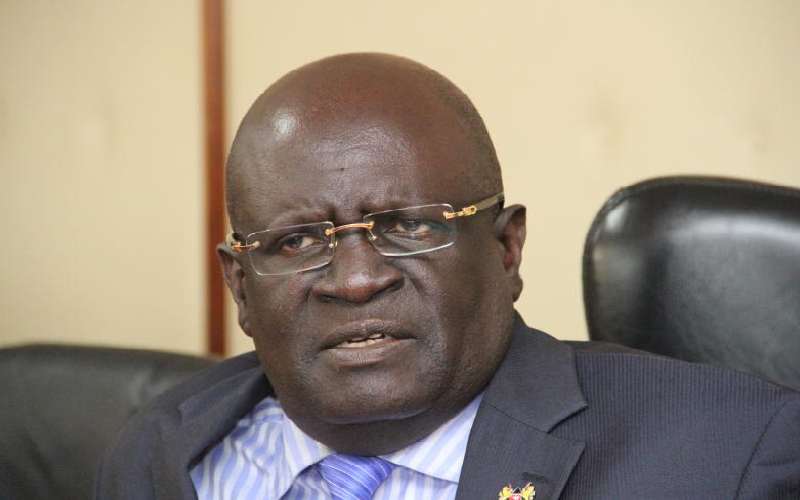×
The Standard e-Paper
Home To Bold Columnists

Education Cabinet Secretary Prof George Magoha
Short holidays, national exams just before Christmas, delayed enrolment for preschoolers and prolonged recovery time are some of the new measures the government has announced to normalise the school calendar.